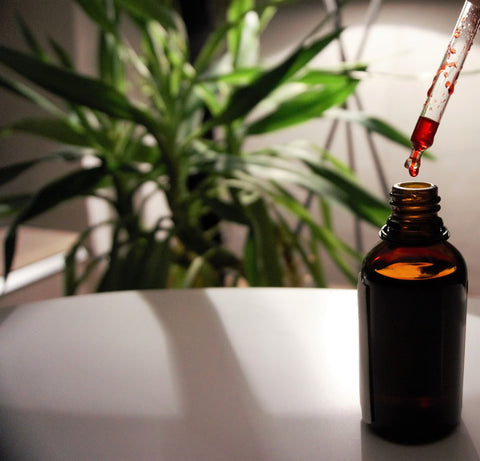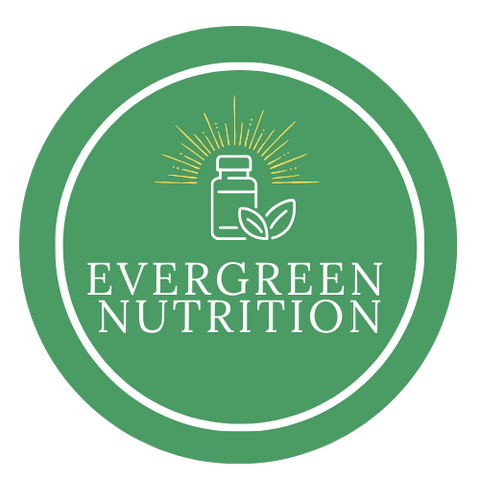Thyroid Function
Most people will be familiar with iodine's relation to the thyroid, a butterfly-shaped gland at the front of the neck. Iodine is crucial to proper thyroid function. In the 1920s goiter (enlarged thyroid gland) was very common. Poor soil conditions in certain regions caused a deficiency in the mineral. To combat this problem, iodine was added to table salt. For a time this did help reduce the incidence of goiter and thyroid problems, up until people began to reduce their consumption of (iodized) salt. The thyroid gland regulates the complete metabolic system of the body. This gland thus is extremely important to overall health. The thyroid uses iodine and also the amino acid L-tyrosine to make thyroid hormones. Insufficient intake of these nutrients will result in a decrease in the formation of these hormones. Some of the classic signs of low thyroid hormones are: slow, sluggish metabolism/weight gain; feeling cold; poor circulation; mental fogginess; and fatigue. Iodine supplementation may benefit people suffering these symptoms. Radiation Protection
Radiation ProtectionIodine is also well-known as protection for the body (specifically the thyroid gland) in the case of radiation poisoning/sickness. Radioactive iodine-131 present in radiation following a radiological or nuclear event (think Fukushima) is rapidly absorbed by the thyroid, where it destroys that gland and wreaks havoc on bodily systems. When there is sufficient non-radioactivepotassium iodide in the thyroid gland, it blocks and prevents the absorption of the radioactive element and thus the damage. The recommended dosages here, approved by the FDA in the case of a nuclear event, are 65-130 mg. Each will protect the thyroid for 24 hours. It is important to have the stable iodine in the system for this protection.
Cancer
Iodine concentrates in and is vital for the functioning of the breasts, prostate, ovaries, and testes as well as the thyroid. Different tissues concentrate different forms of iodine. For example, the breasts and prostate concentrate iodine, and the thyroid and skin concentrate iodide. Other tissues can use either form. Scientific tests using estrogen-sensitive breast cancer cells exposed to iodine have shown that they are less likely to grow and spread. Iodine seems to make breast cells less sensitive to estrogen; it helps the body to metabolize various dangerous and carcinogenic forms of the hormone into estriol, a neutral or even "anti-carcinogenic" form. It is this hormone balancing action which helps prevent prostate cancer in men. Iodine supplementation also has been shown to reduce pain and swelling in fibrocystic breast disease.It is important to mention that experts disagree with what is a safe or recommended dose of iodine. In Japan, for example, the diet provides about 12 mg of iodine per day. This is 50 times more than the average American intake. It is interesting to note however that Japanese women have much lower rates of breast cancer and thyroid problems. One thing many experts agree upon is to consume multiple forms, so there are many combinations of iodide/iodine available, and these products supply much greater amounts than a kelp tablet, for example, which provides roughly 225 mcg.



